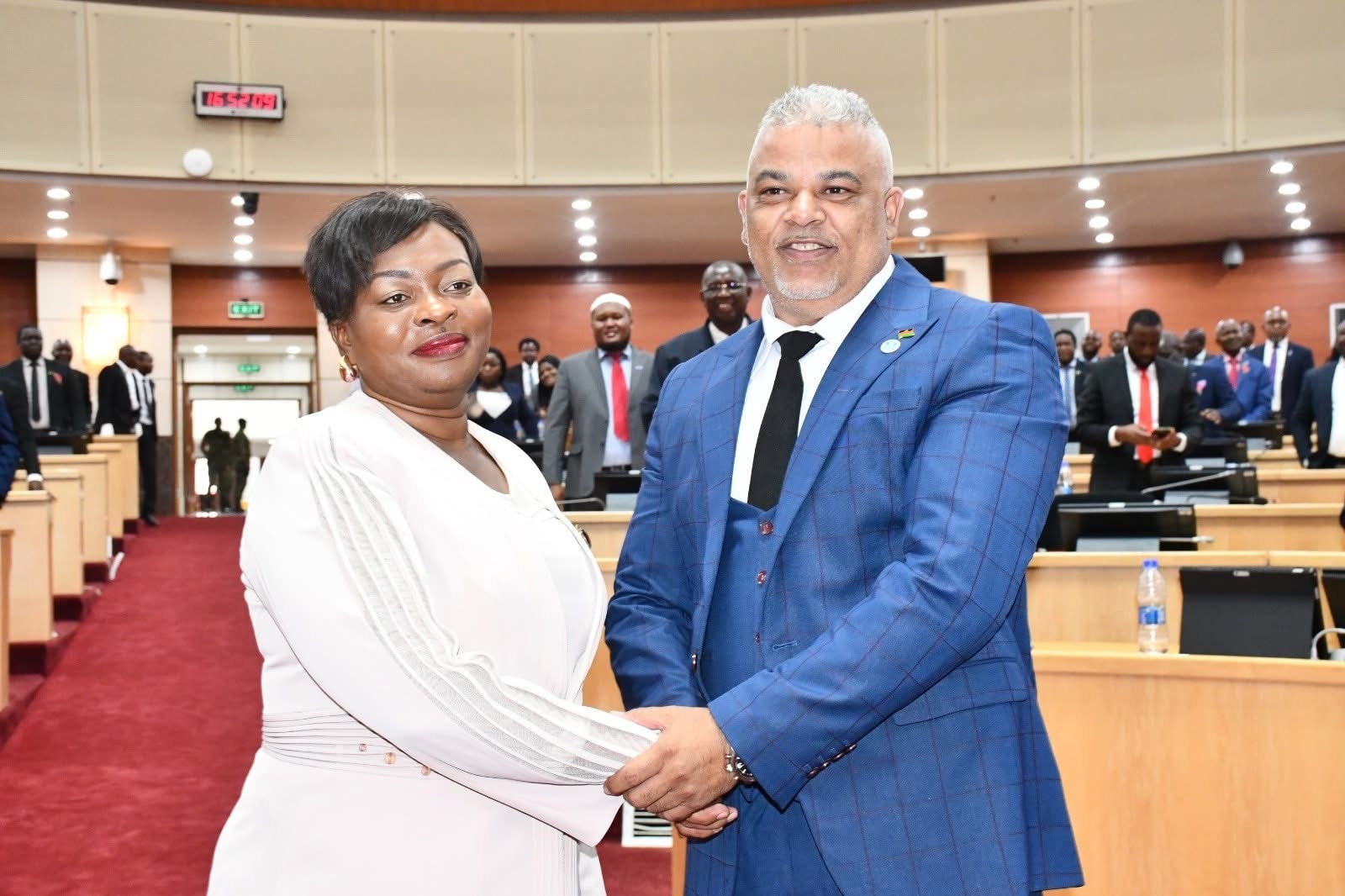Betrayal in the House: Suleman Snatches Speakership as Nankhumwa Is Barred and Rivals Refuse to Vote for Themselves
In a dramatic turn of political events, Sameer Suleman, Member of Parliament for Blantyre Misesa (Club Banana), has been elected Speaker of the National Assembly, securing a decisive 135 out of 221 votes in a contest that exposed intrigue, betrayal, and last-minute maneuvering on the parliamentary floor.

The chamber erupted in frenzy and disbelief after Clerk of Parliament Fiona Kalemba declared Suleman the winner — defeating Peter Dimba, Sandram Scott, and Lasten Vigalo in a tense, high-stakes vote that will go down as one of the most politically charged in recent memory.
According to the official count, Suleman amassed 134 votes, while Dimba managed 85. Both Scott and Vigalo astonishingly failed to get even a single vote — not even from themselves — a twist that left many legislators murmuring in shock. The Clerk confirmed that two members were absent while one abstained.
Nankhumwa Barred at the Eleventh Hour
The election drama began hours earlier when the Clerk of Parliament suspended Mulanje Central legislator Kondwani Nankhumwa from contesting for the Speaker position.
Kalemba informed the House that her office had received five nominations instead of the constitutionally required four.
“My office received five names instead of the required four. Therefore, the name which was received at the end will be removed from the contestants for the position,” Kalemba told the House.
That decision effectively knocked Nankhumwa out of the race, sparking murmurs and visible discontent from some benches — particularly from those who saw him as a potential kingmaker in what was expected to be a razor-thin contest.
Political Undercurrents and the Shock Factor
Suleman’s triumph represents both a personal vindication and a political upset. Once known for his fiery outspokenness and populist rhetoric, his elevation to the Speaker’s chair is being viewed as a powerful statement on Parliament’s shifting alliances and the subtle realignments shaping Malawi’s political landscape.
What makes the outcome even more remarkable is the silent self-sabotage of two candidates — Scott and Vigalo — who walked into the chamber to campaign but left without casting even a symbolic vote for themselves. Their decision, whether born of strategy, protest, or humiliation, has become the day’s most talked-about mystery.
Political analysts say the results reveal a divided and unpredictable House, where loyalties no longer follow strict party lines and individual relationships often outweigh official political positions.
A New Era, or More of the Same?
As he takes over the gavel, Speaker Suleman faces the monumental task of presiding over a House fractured by ambition and mistrust. His reputation as a bold, outspoken legislator may either serve him well in asserting authority or risk deepening partisan fault lines.
For now, his victory is as symbolic as it is significant — a loud reminder that in Malawi’s Parliament, nothing is ever certain, and power can shift hands in the blink of an eye.
Whether Suleman’s speakership ushers in a new era of legislative independence or reinforces the same old political theatre remains to be seen. But one thing is clear: Wednesday’s Speaker election was less about numbers and more about raw political survival — with Suleman standing as its ultimate victor.
Follow and Subscribe Nyasa TV :
